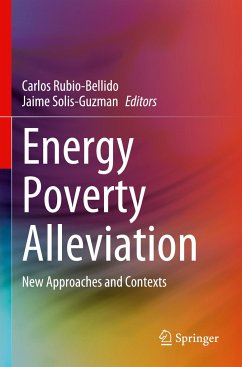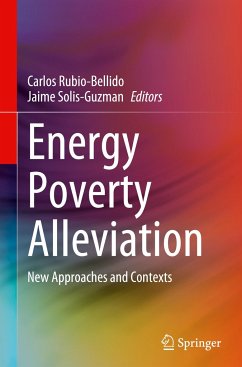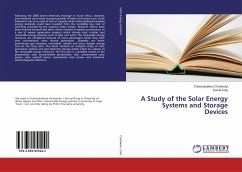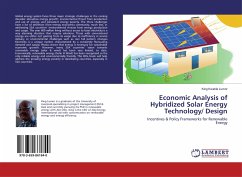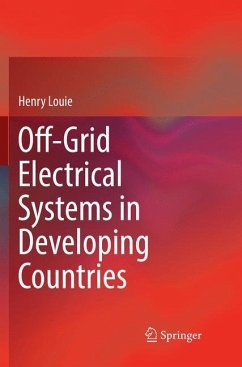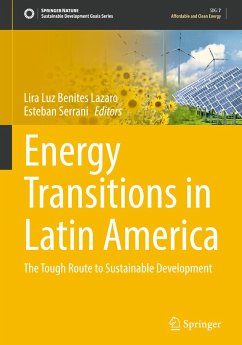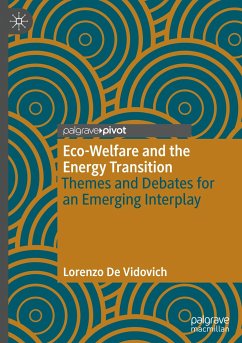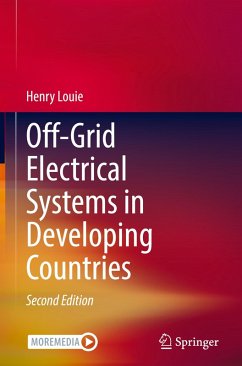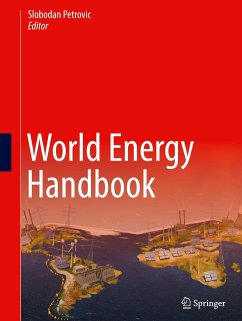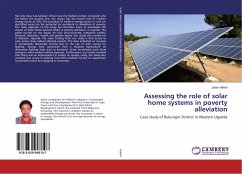
Assessing the role of solar home systems in poverty alleviation
Case study of Rukungiri District in Western Uganda
Versandkostenfrei!
Versandfertig in 6-10 Tagen
37,99 €
inkl. MwSt.

PAYBACK Punkte
19 °P sammeln!
Not only does Sub-Saharan Africa have the highest number of people who live below the poverty line, the region has the lowest rate of modern energy access at 32%. The provision of modern energy access in rural un-electrified areas has the potential to contribute to alleviation of poverty. The main objective of this study has therefore been to investigate the impact of Solar Home Systems (SHSs) in poverty alleviation in Uganda. The paper focuses on the impact on four socio-economic categories namely: financial, education, health and gender equity. Our study was carried out in Kebisoni, Uganda. ...
Not only does Sub-Saharan Africa have the highest number of people who live below the poverty line, the region has the lowest rate of modern energy access at 32%. The provision of modern energy access in rural un-electrified areas has the potential to contribute to alleviation of poverty. The main objective of this study has therefore been to investigate the impact of Solar Home Systems (SHSs) in poverty alleviation in Uganda. The paper focuses on the impact on four socio-economic categories namely: financial, education, health and gender equity. Our study was carried out in Kebisoni, Uganda. The main finding from our study is that access to solar power does indeed alleviate poverty. The data indicated an increase in households' disposable income due to the use of solar energy for lighting. Savings were generated from a reduced expenditure on alternative lighting fuels such as kerosene. Some households used these savings to meet medical related expenses. Furthermore, our results revealed that there was an improvement in indoor air quality. Lastly, the study also revealed that access to lighting from SHSs enabled women to supplement household income by engaging in businesses.



